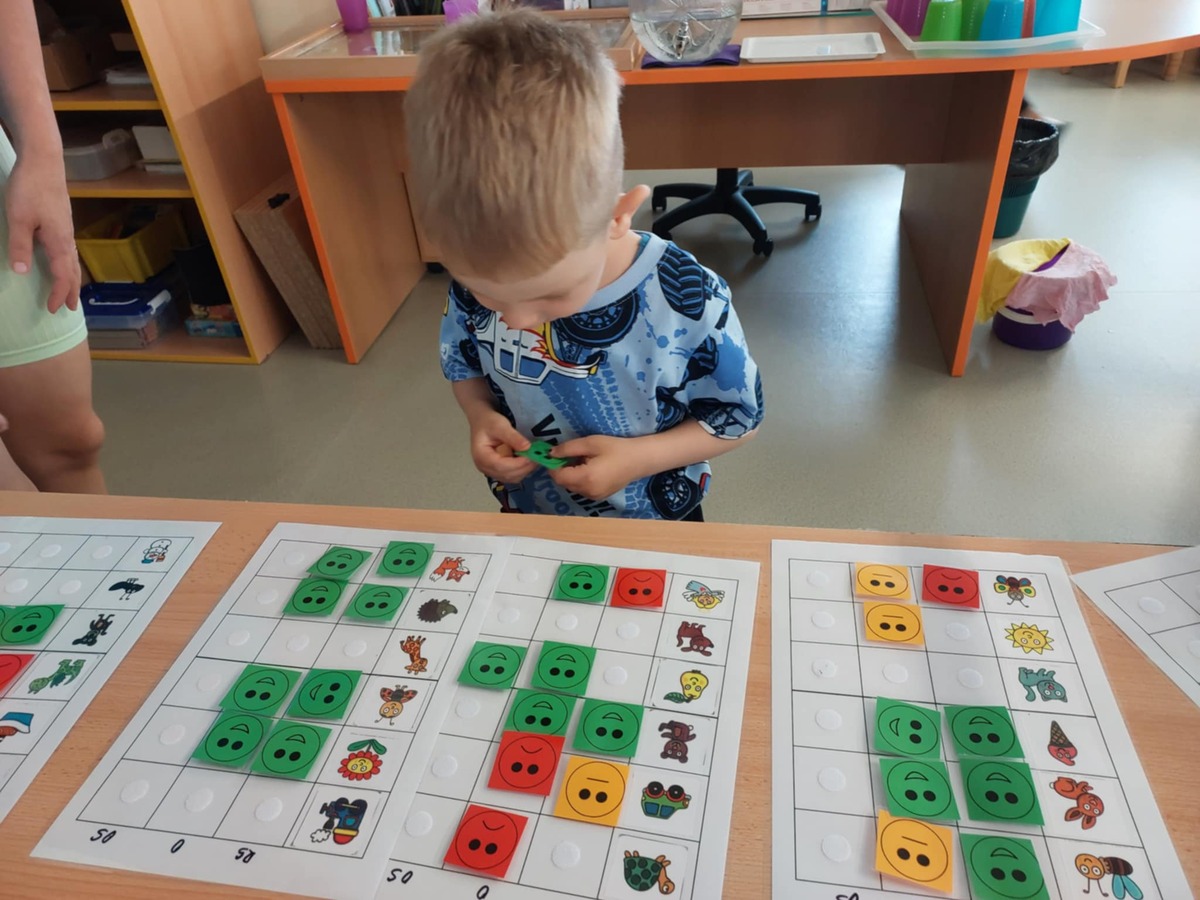Mateřská škola Dobroměřice
School name
Mateřská škola Dobroměřice
City
Dobroměřice
Country
Czechia
Challenge taken
Food waste reduction
Year
2025
Shortly describe your project
The aim of the project was to teach children about the importance of treating food with respect in a playful and practical way, to make them aware of the value of food, and to encourage them to be independent at mealtimes. Another important part of the project was to reduce the amount of food waste in the nursery and to promote a sustainable lifestyle.
Course and implementation
The project ran for one week (June 2–6, 2025) in all classes of our kindergarten. Daily activities focused on:
- Independent eating – the children served themselves food, soup, salad, and drinks, spread spreads on bread, and chose the amount of food according to their own taste.
- Conscious portion control – the children were encouraged to take only as much as they could eat. This naturally prevented waste.
- Recording results – after lunch, we looked at the amount of food waste that the cook weighed each day. The kids wrote the results in a motivational chart with smiley faces (a "traffic light" system):
- Green – food eaten
- Orange – food tasted
- Red – food not tasted
Results and impacts
- Most children participated actively and enthusiastically. Encouraging independence and allowing children to choose how much food they wanted had a positive impact – the children were motivated to eat everything they had taken.
- The motivational traffic light system worked very effectively – the children were curious, wanted to "get a green smiley face," and naturally began to try foods they would not have eaten before.
- The amount of food waste was reduced – the children were more aware of what ended up as leftovers and began to think more consciously about food.
Support for sustainability
- All biological waste (peels, shells, leftovers) was composted – in an electric composter, worm farm, or garden composter.
- Vegetable scraps were reused – the cook used them to make broths for soups and sauces.
- We used natural ingredients to flavor drinks – fruit peels and fresh herbs from our school garden, without sugar or syrups.
- This week also saw the "Farewell to Preschoolers" ceremony, which tied in with the project. Healthy food was served from the school kitchen, and in the spirit of environmental awareness, sustainability, and thriftiness, parents were asked in advance to bring their own dishes to the event. This request was met with understanding and encouraged discussion about ecology among parents as well.
Feedback from parents
The project was also well received by parents, who noticed changes in their children's behavior at home:
"The children talked about how they served themselves soup and watched their portions at home. We are surprised at how motivated they were."
"I like that the kindergarten teaches children to think about where food comes from and what happens when it is not used. Thanks to this, we have also started composting at home."
Conclusion and recommendations
The "We Don't Waste Food" project fulfilled its purpose and confirmed that even young children can understand the importance of a responsible approach to food if we give them trust, space, and motivation. Thanks to the playful format and the involvement of all the senses, the children learned naturally without feeling that they were being led.
We recommend repeating the project regularly—for example, once a month—and incorporating its elements (the smiley traffic light) into the kindergarten's long-term operations.

